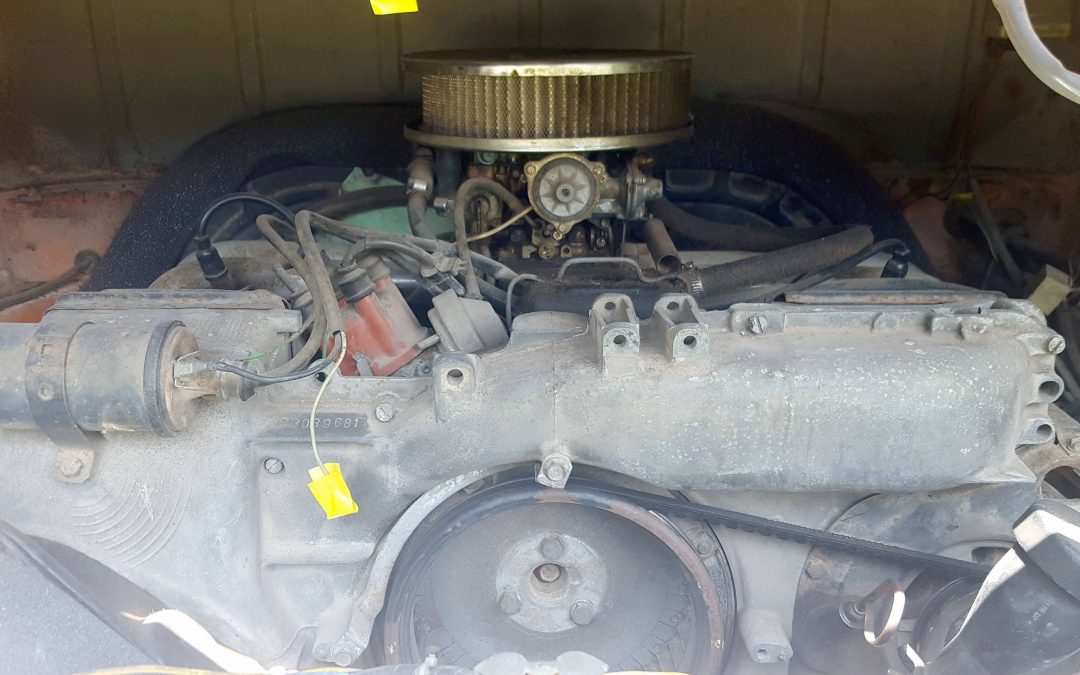This afternoon Air Cooled Express called to let me know another VW owner was upgrading their carbs to fuel injection and the duel-carb system they had on the vehicle was the same type as what I was quoted to purchase and have installed. It’s a Dual Solex 34 T-4.
Apparently they travel to the mountains and fuel injectors work better in high altitudes. Mike suggested buying their used one at a discount – and I agree to do so.
Why Dual Carbs, anyway?
MECHANIC’S COST UPDATE (through 11/06/23)
Parts …………………………………………. $4,860.94
Labor ……………………………………………. $356.25
Subtotal ……………………………….. $5,217.19
Shop Supplies …………………………… $260.86
Tax ………………………………………….. $365.20
Grand Total ………………………………. $5,843.25


